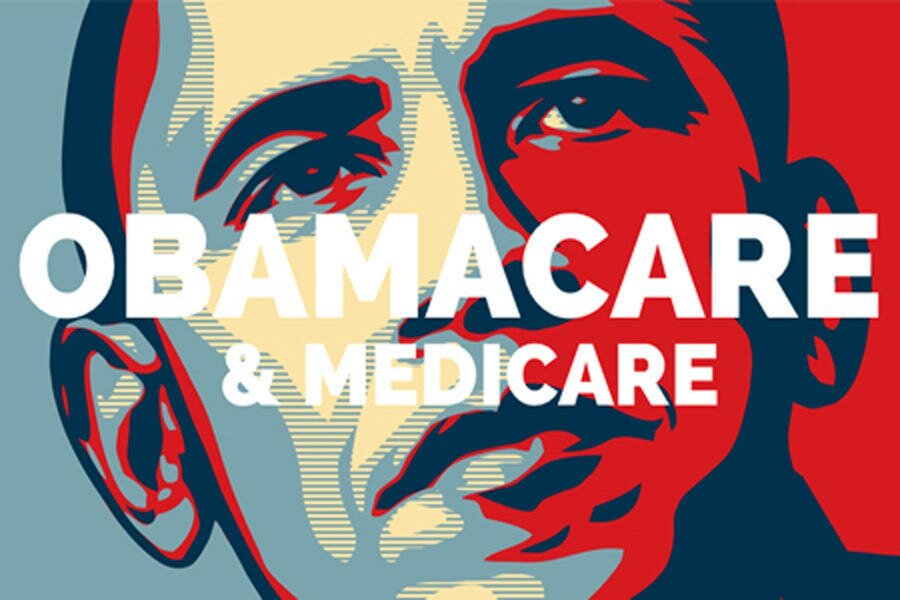
Now that we are living in Trump’s America and seeing with our own eyes institutional reforms taking place around us, we feel like it is a good time to assess the legacy of Obamacare. While we didn’t have it for that long, there have been many heated debates about the effectiveness of Obamacare. It does look appealing from the outside, but how effective is it really?
Liberals and liberal supporters often talk about the fact the Obamacare is required if the poor need to get affordable healthcare. In world dominated by pharmaceutical giants and with rising drug and insurance prices, the common man needs an outlet. And Obamacare was meant to be that. However, with economists and the intelligentsia questioning the sustainability of the plan, we wanted to take a look at it ourselves.
At its essence, Obamacare wanted to ensure that the 40 million odd people who didn’t have any insurance coverage were able to sustain themselves. While it is beyond this post to get in too much detail on the plan, it aimed to provide subsidies (tax credits) or extend Medicaid coverage to more people. Prior to that, Medicaid was limited only to senior citizens and people below the poverty line.
The main controversy was that the government was forcing people to spend on insurance. It was seen by some as an infringement on individual freedom to decide. What they failed to recognize is that spending on heavily discounted policies would eventually lower gross medical spending and bring down costs for everyone. Pretty much basic economics.

A key tenet of the plan was that companies were forced to pay health insurance for employees. Considering America’s low unemployment rates, the idea was to use this as a way to benefit everyone. Companies that didn’t have employee health insurance plans were subject to heavy taxes. This forced their hand, in a way.
On the other hand, the criticism that was aimed at Obamacare focused on two aspects – higher cost for businesses and intrusion on personal affairs. Businesses would incur higher costs due to the added insurance expenses, which in turn could stop them from adding jobs, and the Government intruding on people’s decision making was undemocratic.
In our opinion, we agree that Obamacare isn’t perfect. In fact, no policy can be perfect. All of them will have some intended and some unintended consequences. However, it is fair to say that the pros tend to outweigh the cons, not just in terms of quantity but in terms of overall social and economic impact to Government and the people. So, from our view, Obamacare is a win.
